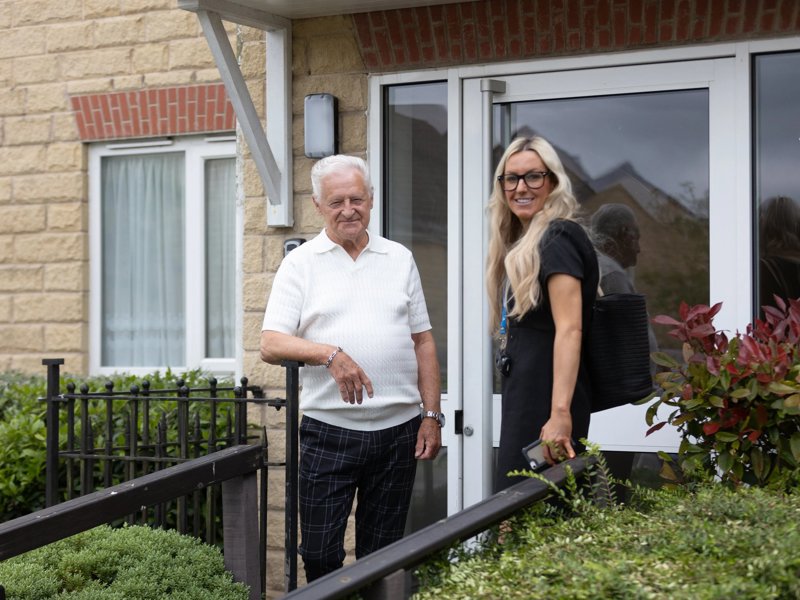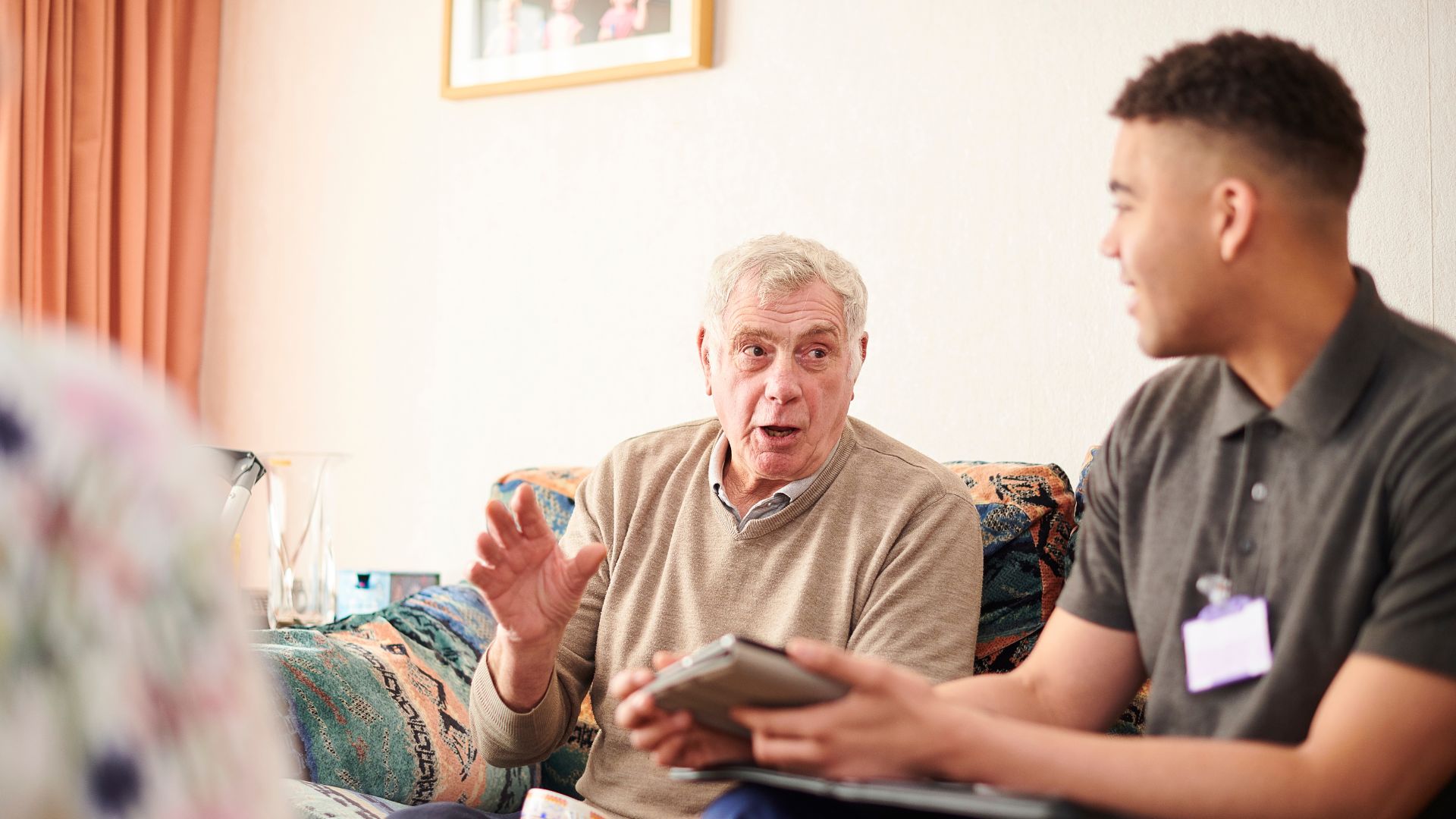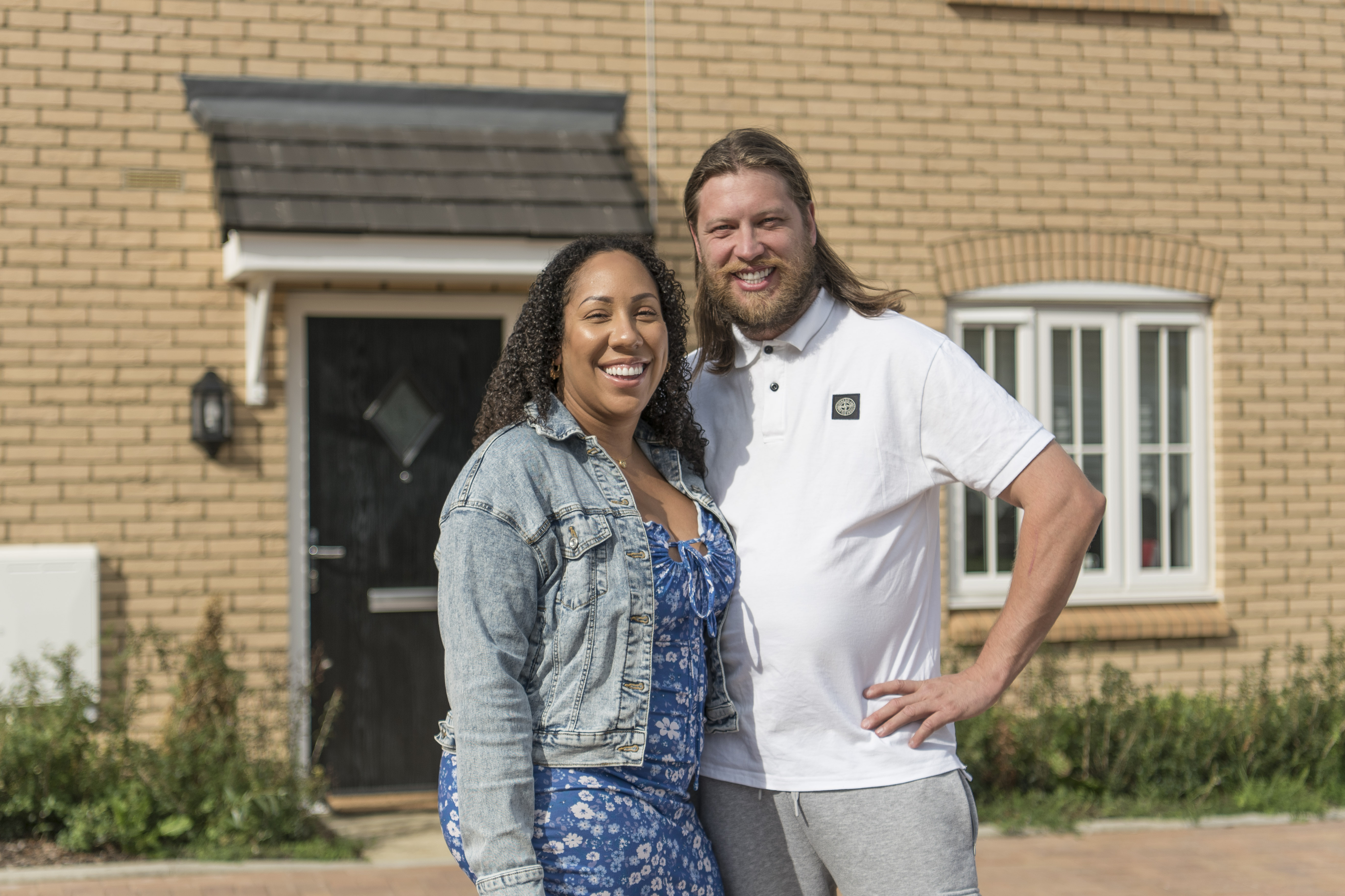Moving, buying or selling
If you’re moving out, becoming a homeowner, or looking to buy more shares, here’s what you need to know.

Whether you’re ending your tenancy, considering something different or looking to sell your shared ownership home, we're here to guide you through the process.
Here’s everything you need to know.





